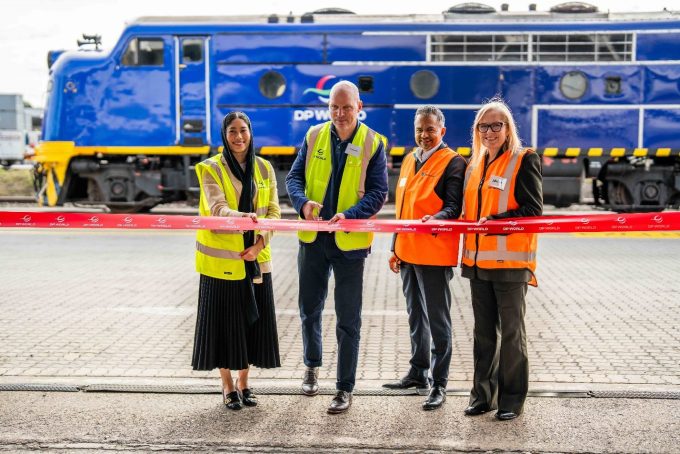Through the Container Transport Alliance Australia (CTAA), transport operators in Melbourne have voiced concerns about congestion and truck turn-around times at DP World’s West Swanson Terminal. According to the CTAA, transport operators have “been experiencing truck turnaround of several hours, leading to landside import & export volume demands not being met, compounding the workload on transport operators to meet export cut-offs and import pick-up / deliveries to customers.”
The CTAA took these concerns to DP World Australia at an online meeting on 10 October. “As explained by DP World to carriers in the online meeting, and confirmed in correspondence, vessel “bunching” and schedule volatility are significant factors, as is labour and machine allocations when forecast demand alters dramatically and labour becomes unavailable,” the CTAA said.
Terminal operators in Australia have long struggled with vessels arriving out of their berthing windows, but apparently the situation has got much worse this year. While carriers demand a berth on arrival even when vessels don’t arrive on schedule, trucking companies are subject to a different regime. In Melbourne, and other Australian terminals, transport operators need to pay a fee to book a gate appointment, and penalties apply for missed appointments, as well as missing or incorrect data. These fees are designed to cover some of the capital cost of providing a regulated level of landside service, including handling equipment, and to achieve a more fluid supply chain by matching capacity with demand.
In response to the concerns about congestion DP World Melbourne has waived fees for missed appointments and “wrong zone” bookings incurred by transport operators over the period 7-10 October. The CTAA welcomed DP World’s response, but said its action does not account for penalty fees incurred for missed appointments at other terminals caused by DP World’s issues, or the additional costs in labour and overtime incurred by transport operators as a result of the congestion.
DP World has also agreed to a one-month trial of new rules around “Stack Run” operations. These are similar to the “peel piles” used at some US terminals, where containers for one shipper and/or transport operator are consolidated in the yard and can be managed through a single appointment booking. DP World Melbourne requires a minimum of 24 import containers for a “Stack Run Out” (SRO) booking and 12 export containers for a “Stack Run In” (SRI).
The trial will allow transport operators to request an SRI from 72 hours prior to the vessel cut off, which is earlier than previously. For an SRO requests must be scheduled with 24 hours of vessel departure, but DP World may permit a second run, or allow a run to continue, up to 48 hours after departure, subject to capacity.
As well as being more flexible around the Stack Run system for the coming peak import period, DP World Melbourne is encouraging transport operators to make more use of night appointments. The terminal operator acknowledged that 2024 has been difficult for its landside operations, but said that its significant investment in new “drive-on grids and technology is proof of DP World’s commitment to efficient and productive landside operation going forward.

